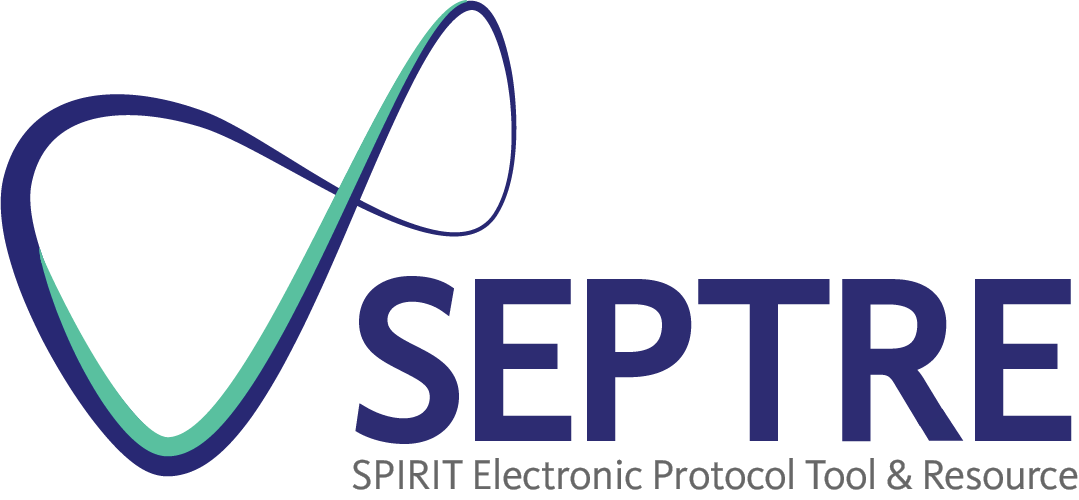Item 31b: Authorship eligibility guidelines and any intended use of professional writers.
Example
“17.4. Assignment of Writing Committees
Topics suggested for presentation or publication will be circulated to the PIs [Principal investigators] of the CCCs [Core Coordinating Centers], the DCC [Data Coordinating Center], Core Lab and the NIH [National Institutes of Health]. These groups are requested to suggest and justify names for authors to be reviewed by the PC [Publications Committee] . . . If a topic is suggested by a participant of the FSGS-CT [Focal segmental glomerulosclerosis – clinical trial], the writing committee will be formed as just described except that the person making the suggestion may be considered as the lead author. The PI [Principal Investigator] of an ancillary study should be considered for lead author of material derived from this study. Disputes regarding authorship will be settled by the Study Chair after consultation with the Chair of the PC . . .
17.5. Reports of the FSGS-CT: Classes of Reports
There are three classes of reports of the FSGS-CT:
A. Reports of the major outcomes of the Study.
B. Reports addressing in detail one aspect of the FSGS-CT, but in which the data are derived from the entire study.
C. Reports of data derived from a subset of centers by members of the FSGS-CT, (e.g., sub-studies or ancillary studies), or reports of investigations initiated outside of the FSGS-CT, but using data or samples collected by the FSGS-CT . . .
17.6. Authorship Policy
The authors of FSGS publications will be listed as detailed below.
Type A publications:
abstracts: from the FSGS Clinical Trial Groupx, presented by XXXX.
papers: from the FSGS Clinical Trial Groupx, prepared by XXXX.
xThe FSGS participant box, detailed below, must be included in these papers. If a journal’s publication policy does not allow authorship by a group, the authors will be listed first as in Type B publications.
Type B publications:
. . .
17.7. Authorship: Professional Participants Listing in the FSGS Participant Box
The FSGS participant box will list all professionals that have participated in the FSGS-CT for a minimum of one year . . . ”267
Explanation
Substantive contributions to the design, conduct, interpretation, and reporting of a clinical trial are recognised through the granting of authorship on the final trial report. Authorship guidelines in the protocol are intended to help enhance transparency and avoid disputes or misunderstanding after trial completion. These guidelines should define criteria for individually named authors or group authorship.385
Individuals who fulfil authorship criteria should not remain hidden (ghost authorship) and should have final authority over manuscript content.9;386;387 Similarly, those who do not fulfil such criteria should not be granted authorship (guest authorship).386;388 The International Committee of Medical Journal Editors has defined authorship criteria for manuscripts submitted for publication,389 although these criteria have reportedly been open to abuse.390 If some protocol authors are not named authors of subsequent publications, their role in protocol design should at least be acknowledged in the published report. Among 44 protocols of industry-initiated trials, 75% had evidence of ghost authorship when compared with corresponding journal publications.9
Professional medical writers are sometimes hired to improve clarity and structure in a trial report, and guidelines for ethical collaborative writing have been developed.391;392 Because the drafting of text can influence how the study results and conclusions are portrayed, plans for the employment of writers and their funding source should be acknowledged in both protocols and trial reports.
| 31a: Trial results | 31c: Reproducible research |

